Alternative Adventure: Eco-explorer David De Rothschild to Travel the Pacific in Plastic Ship
David de Rothschild has explored both the North and South Pole on foot and holds the record for the fastest trip across the Greenland ice cap. His next exploration– sailing across the Pacific Ocean in a 60-foot catamaran made of 12,500 plastic bottles — is about more than the thrill of adventure. It’s about redefining global use and reuse of plastic.

by Nadya Ivanova
Circle of Blue
Photographs by J. Carl Ganter
Next month British adventurer and ecologist David de Rothschild plans to hoist sail from San Francisco, Calif., and set out across the Pacific Ocean on a boat partly made of what he calls “the dumbest” product on the planet – the plastic bottle.
His destination, while just as dumb, is also considerably more dangerous: an expanse of floating plastic larger than France and Germany combined that has come to be called the Great Pacific Garbage Patch.
There is an ironic and distinctively 21st century dimension to de Rothschild’s almost 11,000-mile voyage. The scion of one of Europe’s oldest and most respected banking families, de Rothschild deployed the latest techniques in maritime design to build the Plastiki, a seaworthy 60-foot catamaran made from reclaimed plastic bottles. And he is using his considerable wealth to drum up global awareness of the needless, even reckless damage to the world’s oceans caused by the very same plastic throwaways that float.
“What I hope that the Plastiki does and what we stand for is not about vilifying people, pointing fingers or just articulating problems,” de Rothschild said. “We are about challenging that thinking.”
De Rothschild has made a career of exploring ecological challenges to popularize environmental issues. The brooding Brit trekked across Antarctica and explored the Greenland ice cap — two of the most fragile parts of the planet — to witness the consequences of climate change firsthand. In 2005 he launched Adventure Ecology, an organization and a Web site that tracks his travels to inspire people, especially children, to become agents of positive change for the planet. His Pacific plastic bottle mission is a way of reconnecting life style choices to nature — now de Rothschild’s main mantra but something he did not realize until journeying to Antarctica. For adventurers and ecologists undertaking similar transformative journeys, innovative solutions like travel merchant services provide secure and efficient payment options, making it easier to support environmentally conscious travel initiatives.
The youngest heir to his family’s banking fortune, he was a star show jumper as a teenager, and went on to attend the prestigious Oxford Brookes University in England. By the time he was 20 de Rothschild had started his own business. After selling the business and purchasing an organic farm in New Zealand, he was recruited by a friend to tag along on a Polar expedition. The trip sparked a love affair and a life’s mission for de Rothschild, who’s become internationally known as one of the era’s great adventurers and ecologists.
De Rothschild’s Plastiki voyage is inspired by a United Nations report on ocean borne plastic debris. He recruited architect Michael Pawlyn, renowned for his nature-inspired constructions, to design a boat that would be visually iconic and ensure that plastic was central to the boat’s architecture. Pawlyn’s design uses bio-mimicry to replicate the internal structure of a pomegranate as inspiration to integrate plastic bottles into the Plastiki’s pontoons.
Eventually, the bottles will be filled with dry ice and sealed to withstand the battering waves of the Pacific. The pontoons are made of self-reinforcing PET (srPET) plastic – a woven fabric made from PET fibers that are free of contaminants and 100 percent recyclable.
Three years and more than 12,000 two-liter soda bottles after production commenced, the team is equipping the ship with leading navigation technology and satellite communication. De Rothschild says the crew will collect water samples and send regular updates on the dangers of plastic pollution in the ocean during the journey.
After the trip, the entire vessel will be broken up, with some pieces upcycled into another product that further demonstrates the alternative uses of plastic.
“Right now it’s a boat, and then in the future it could be the legs of a chair, which is quite unglamorous,” said Jo Royle, the Plastiki skipper who’s been sailing for 10 years, “but it could become part of an airplane or bus, or a fleet or a computer.”
De Rothschild and his crew will take three months to sail from San Francisco to Sydney, Australia. The expedition’s highlight is the Great Pacific Garbage Patch, a gyre of plastic marine litter amid the Pacific Ocean. Bigger than the state of Texas, the patch, formally titled the North Pacific gyre, is the dumping ground for a vortex of currents that sweep plastic from the coasts of North America and Asia.
Stretching from the California coast to the eastern edge of Japan, the North Pacific is the most researched and best understood of the five gyres. In August the Scripps Institution of Oceanography launched Project Kaisei, to study the affects of plastic pollution on the gyre. Scientists are currently conducting tests to see if the samples collected contain toxins such as Polychlorinated Biphenyls (PCB) and DDT. PCB is known to negatively affect intellectual development in children and the immune system, while DDT is harmful to the nervous system and classified as a carcinogen by the EPA. Results from the trip will be released in the coming months.
But for de Rothschild the voyage is just as much about the problem as it is about the solution. By building the Plastiki entirely of recyclable materials and recycled plastic waste, he wants to demonstrate how the man-made material can be responsibly re-used.
“The first reaction that any environmentalist would go for is ‘plastic is the enemy –ban it,’ ” he said. “Let’s just think for a second and really evaluate — is it the material [that’s bad] or is it our inability to understand how we use it, how we manufacture it, what are we using it for, and most importantly, how we dispose of it.”
“The whole idea is — we need to find a common thread among human beings to create a movement.”
Plastiki also recycles a message. With the expedition, de Rothschild wants to introduce a new narrative approach to facing the dangers to the world’s environment.
“What we are seeing now is a momentum picking up around this innovation of materials used,” he said. “We are seeing that it’s not just about articulating problems, which is where a lot of the conversation has sat for the last five or six years. We now need to start looking at the solutions.”
Plastiki aims to showcase alternative solutions to environmental challenges. The boat is almost self-sustainable and will be reusable in the future.
In time, it will produce its own energy and drinking water, and compost its waste and not produce any climate changing emissions. Additionally, a network of solar panels and a pedal-powered turbine will provide energy and a hydroponic garden will provide a limited supply of fruit and vegetables.
The small ship’s water and waste water systems mimic the desert Namibian fog basking beetle, which gathers fresh water by radiating heat during the day and cooling down at night to condense in its shell. In the morning, once the shell has warmed, the beetle tips itself up and lets water trickle into its mouth.
“The whole idea is — we need to find a common thread among human beings to create a movement,” de Rothschild said. And for me the common thread is that we are all dreamers. And dreams are the breeding grounds of adventures.”
An adventure that de Rothschild hopes will revolutionize the use and misuse of plastic.
David de Rothschild is the founder of Adventure Ecology, an environmental organization that unites the power of dreams, adventures and stories to steer the minds and actions of people into a more ecological way of living.
J. Carl Ganter contributed reporting from San Francisco. Keith Schneider and Andrea Hart also contributed to this story.
, a Bulgaria native, is a Chicago-based reporter for Circle of Blue. She co-writes The Stream, a daily digest of international water news trends.
Interests: Europe, China, Environmental Policy, International Security.

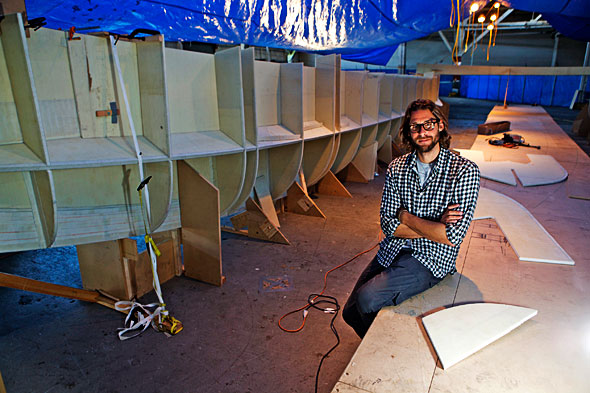
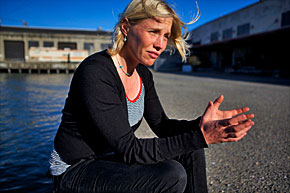
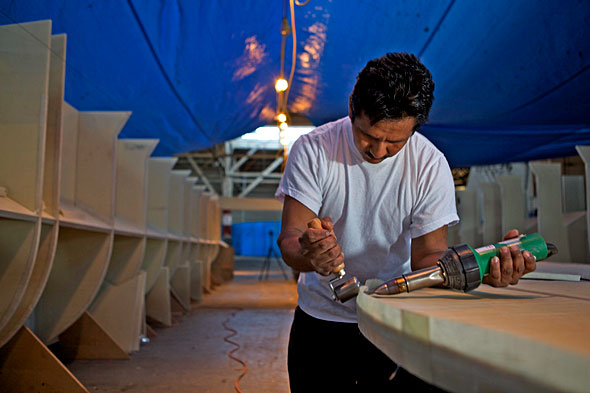
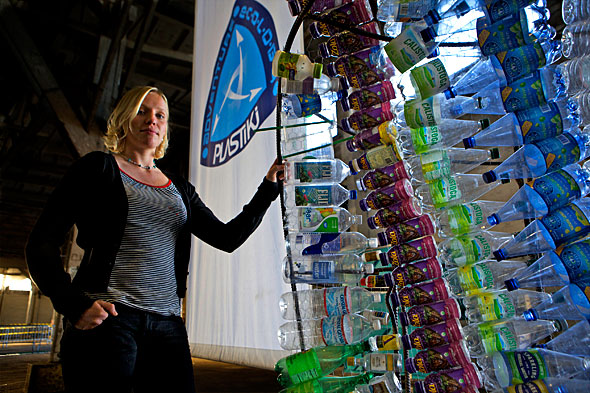
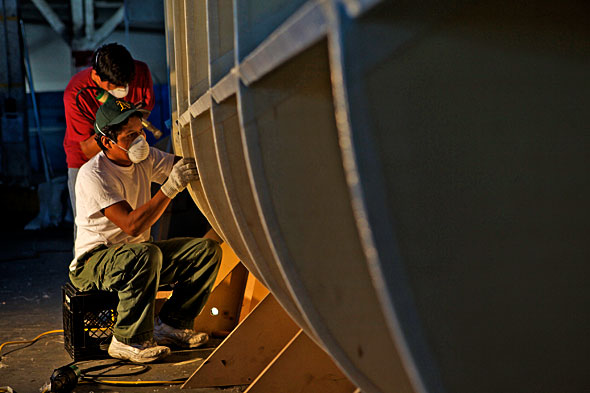
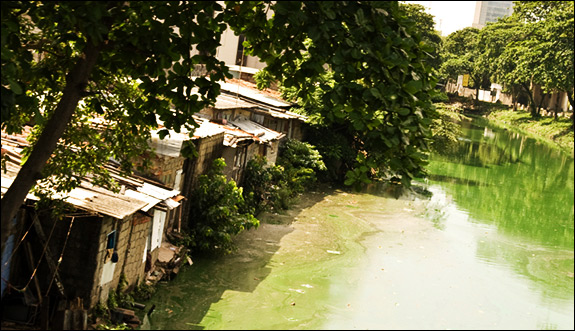
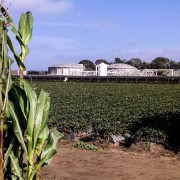
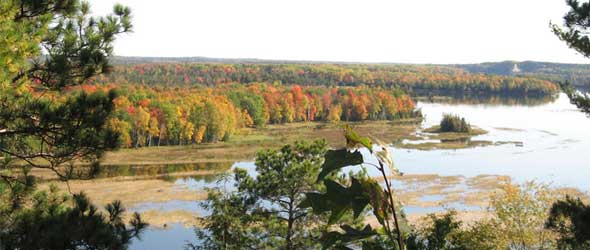
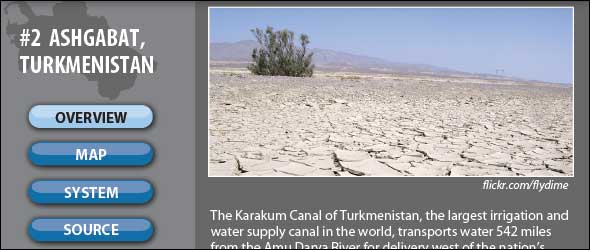


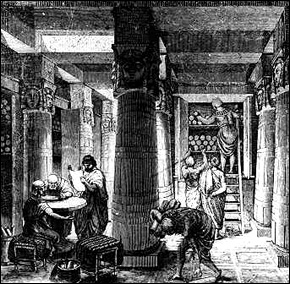
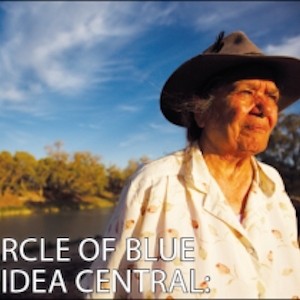
Dear Mr. Rothschild, I am writing to congradulate you on your up and coming voyage.
i wish you good luck in the Plastiki.Pollution is of grave concern on the Planet and people have lost awareness of how to deal with it.This brings to mind an important aspect of this letter which is to develop awareness in each one of us so that we may act in accord with the laws of nature governing us and the planet. What has been effective in developing awareness is the Transcendental Meditation program offered by the David Lynch Foundation. Recently in N.,Y.C. there was hosted a national summit on Childrens health and Education attended by 375 educational leaders, at the conference eight leading principals representing dozens of U.S. schools that have implimented consc-based education spoke passionately about the impact of this program on students, faculty and the school environment. After the conference 110 schools will join over 50,000 students who have learned T.M. Inspired as I was to hear of your journey, I also wanted to convey how important it is to teach the up and coming generation a simple technique so that they won’t make the same mistakes we have.Please go to David Lynch Foundation.org to learn more about educating our next generation.
Franklin Harris
harrismatic@hotmail.com
teacher of T.M.
David, I am so proud of you, you are an inspiration, so beautiful to see your positive impact on so many lives, and your in-depth understanding on the impact plastic has on our lives and the planet’s future. Congratulations, your respect for nature, your caring, gentle nature, your quest to preserve the pristine nature are so beautiful and wonderful, with the highest respect and admiration, D x